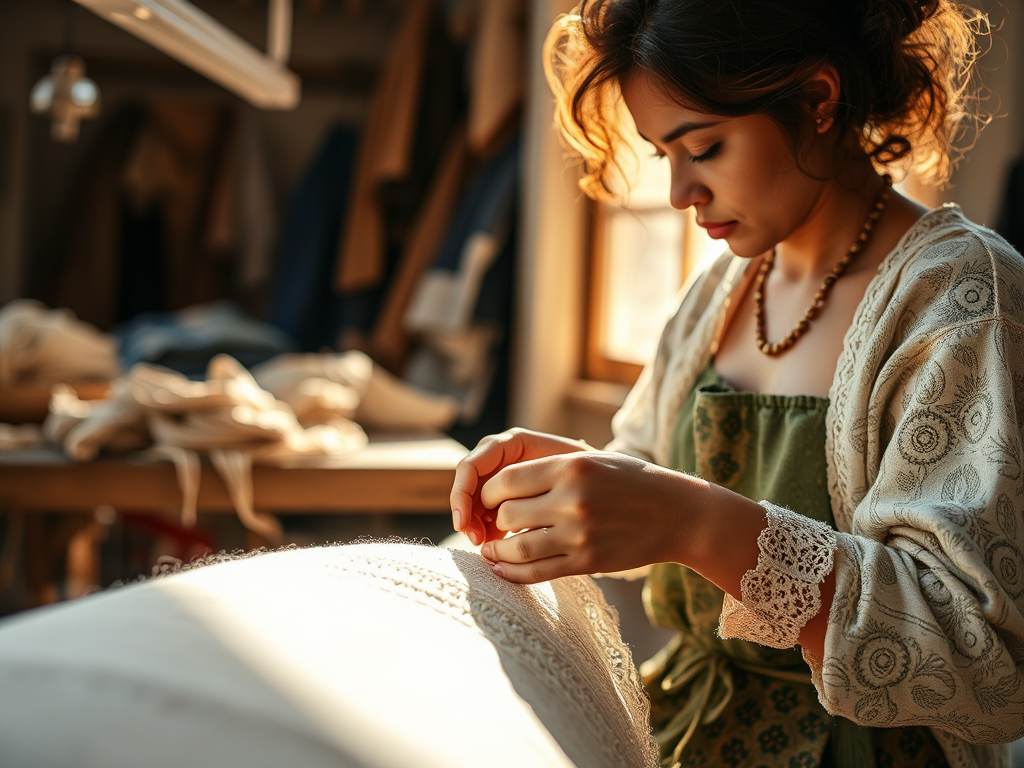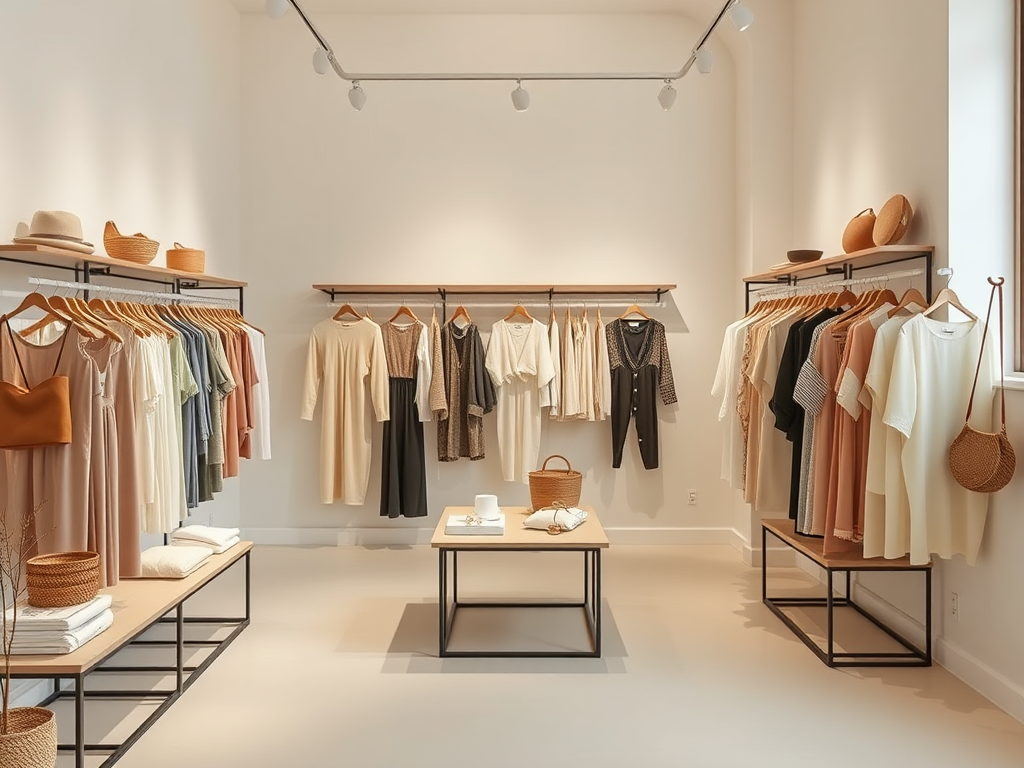The Growth of Dubai’s Ethical Fashion Brands
Dubai has rapidly emerged as a hub of innovation and creativity, particularly within the fashion sector. The growing trend of ethical fashion brands in the region highlights a significant shift toward sustainability and social responsibility. This article explores the factors contributing to the rise of ethical fashion in Dubai, its impact on the global fashion landscape, and the future it holds for both consumers and creators alike.
Understanding Ethical Fashion

Ethical fashion encompasses a wide range of practices aimed at ensuring sustainability and fairness throughout the fashion supply chain. This includes a focus on environmentally friendly materials, fair wages for workers, and transparent production processes. As consumers become increasingly aware of the consequences of fast fashion, they are seeking brands that prioritize these values. In Dubai, where luxury and opulence often define the market, a counter-narrative advocating for ethical and sustainable practices has begun to take root. As a result, several homegrown brands are emerging, exemplifying ethical fashion.
There are numerous factors propelling the growth of ethical fashion brands in Dubai, and they include:
- Consumer Awareness: The rise of social media and digital platforms has facilitated a more informed consumer base that values sustainability and ethical practices.
- Government Initiatives: The UAE government has introduced initiatives aimed at promoting sustainable fashion, encouraging businesses to adopt ethical practices.
- Supportive Community: A thriving community of artisans and designers is dedicated to preserving traditional craftsmanship while embracing modern sustainable methods.
- Market Demand: There is an observable shift in buyer preferences toward ethical and sustainable products, reflecting broader global trends.
- Innovation and Design: Brands are incorporating innovative materials and designs that are both fashionable and sustainable, appealing to a luxury audience.
Notable Ethical Fashion Brands in Dubai

Several brands have made significant strides in establishing themselves as ethical leaders in Dubai’s fashion scene. These brands combine fashion-forward design with a commitment to genuine ethical standards, attracting both local and international clientele. Here are some notable names:
- Reema Al Banna: Known for creating elegant pieces using sustainable fabrics and traditional techniques.
- Thrift for Good: This non-profit initiative promotes recycling by selling preloved clothing while donating profits to charitable causes.
- Ounass: A luxury e-commerce platform that features a curated selection of ethically-produced brands.
- ELIE SAAB: The luxury designer focuses on creating sustainable haute couture that embodies the essence of elegance.
- Mohammed S. Al Nuaimi: Emerging as a thoughtful designer, he emphasizes the importance of local craftsmanship and sustainable practices.
Challenges Facing Ethical Fashion Brands
Despite the promising growth of ethical fashion in Dubai, several challenges remain. High competition in the luxury fashion sector presents a significant barrier for ethical brands that struggle to differentiate themselves. Additionally, sourcing sustainable materials can prove costly and complex, often leading to price points that deter a larger consumer base. There is also a lack of consumer education on the importance of ethical considerations in fashion, which limits market engagement. Furthermore, ethical brands must navigate the challenge of ensuring they maintain transparency in their supply chains. These hurdles require strategic approaches and consistent efforts from stakeholders within the industry.
The Future of Ethical Fashion in Dubai
The future of ethical fashion in Dubai looks promising as awareness and demand continue to grow. With increasing educational programs on sustainable practices and the involvement of key influencers, the landscape is shifting. The collaboration among local designers, artisans, and government agencies is vital to overcoming current barriers and fostering a thriving ethical fashion ecosystem. As consumers increasingly hold brands accountable, innovation within this sector is poised to flourish. Ethical fashion not only enhances Dubai’s reputation but also inspires a more conscientious global fashion industry.
Conclusion
The rise of ethical fashion brands in Dubai marks a significant evolution in the region’s fashion landscape. With increased consumer awareness, supportive initiatives, and a commitment from brands to uphold ethical standards, the future holds endless possibilities. This movement not only contributes to local culture but also positions Dubai as a beacon of sustainability in the global fashion arena. As more consumers demand responsible choices, ethical fashion is set to become an integral part of the purchasing decisions of the future.
Frequently Asked Questions
1. What defines ethical fashion?
Ethical fashion refers to clothing and accessories designed, produced, and marketed with a focus on sustainability, social responsibility, and fair working conditions throughout the supply chain.
2. Why is ethical fashion important in Dubai?
It promotes sustainability, supports local artisans, enhances community awareness, and aligns with global trends where consumers are increasingly sensitive to the impacts of fast fashion.
3. How can consumers support ethical fashion brands?
Consumers can support ethical fashion by choosing to buy from brands that prioritize sustainability, spreading awareness about ethical practices, and participating in local initiatives aimed at promoting these values.
4. Are luxury brands in Dubai embracing ethical fashion?
Yes, many luxury brands in Dubai are beginning to integrate ethical practices into their business models, reflecting the growing consumer demand for environmentally and socially responsible products.
5. What challenges do ethical fashion brands face in Dubai?
Challenges include high competition, limited consumer education on ethical practices, sourcing sustainable materials, and ensuring transparency in supply chains, all of which require strategic solutions to overcome.


